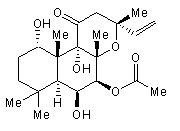佛司可林;弗斯可林
Forskolin(Colforsin)
66575-29-9
66575-29-9
询价
1g
起订
5g
起订
10g
起订
50g
起订
100g
起订
上海 更新日期:2026-03-02
产品详情:
公司简介
凯立德生物医药是一家专门从事化学定制合成,医药中间体以及新药研发的外向型企业。公司坚持以科技创新为动力,以市场需求为导向,产品涵盖医药原料,医药中间体,天然产物,手性化合物,药物研究试剂等。同时致力于为国内外知名药企,科研机构及高校提供新型和高附加值的医药原料、医药中间体及天然产物的订制合成服务。
公司自成立以来,始终坚持客户至上的经营理念,不断进取,赢得了国内外客户的好评与信任,并与其建立了长期稳定的业务关系。公司将一如既往的以严格的质量管理体系,稳定的产品质量为客户提供优质的产品和服务。
ChemLeader Biomedical is a professional manufacturer and supplier of New Advanced Pharmaceutical Intermediates, Active Pharmaceutical Ingredients (API) & Drug Impurities.
ChemLeader mainly manufactures & supplies pharmaceutical Intermediates, API & Drug Impurities, Nutri-Health Supplements, and Cosmetic Ingredients.
| 成立日期 | (16年) |
| 注册资本 | 100万人民币 |
| 员工人数 | 10-50人 |
| 年营业额 | ¥ 500万-1000万 |
| 经营模式 | 工厂,试剂,定制,服务 |
| 主营行业 | 医药中间体,生化试剂,生物活性小分子,同位素试剂,分子砌块 |
佛司可林;弗斯可林相关厂家报价 更多
-
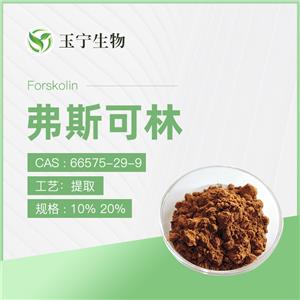
- 毛喉鞘蕊花提取物(弗斯可林) 66575-29-9
- 山西玉宁生物科技有限公司 VIP
- 2026-03-02
- 询价
-
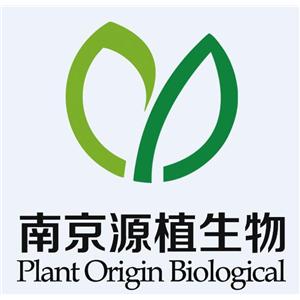
- 佛司可林
- 南京源植生物科技有限公司 VIP
- 2026-03-02
- 询价
-
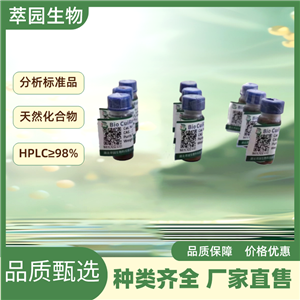
- 佛司可林,66575-29-9, 萃园自制中药标准品对照品;实验科研级;≥98%以上
- 湖北萃园生物科技有限公司 VIP
- 2026-03-02
- ¥200
-
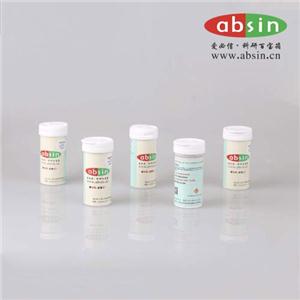
- 佛司可林
- 爱必信(上海)生物科技有限公司 VIP
- 2026-03-02
- ¥567
-
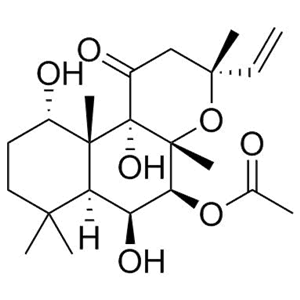
- 佛司可林
- 深圳振强生物技术有限公司 VIP
- 2026-03-02
- 询价
-
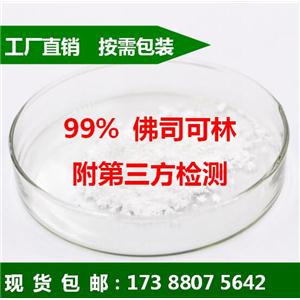
- 佛司可林
- 南京春秋生物工程有限公司 VIP
- 2026-03-02
- ¥100
-
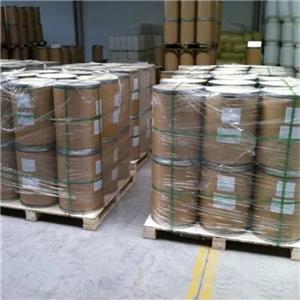
- 毛喉鞘蕊花提取物,弗斯可林10%20%95%
- 湖北鸿福达生物科技有限公司 VIP
- 2026-02-28
- 询价
-
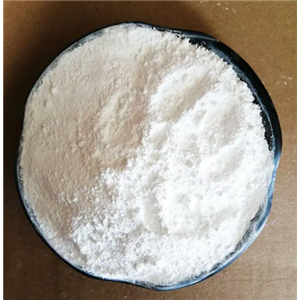
- 66575-29-9;弗斯可林
- 普善实业(陕西)有限公司 VIP
- 2026-02-27
- 询价
-

- 毛喉素|T2939
- 上海陶术生物科技有限公司 VIP
- 2026-02-25
- ¥218
-

- 佛司可林(CAS:66575-29-9)
- 上海纯优生物科技有限公司 VIP
- 2026-01-19
- ¥100

